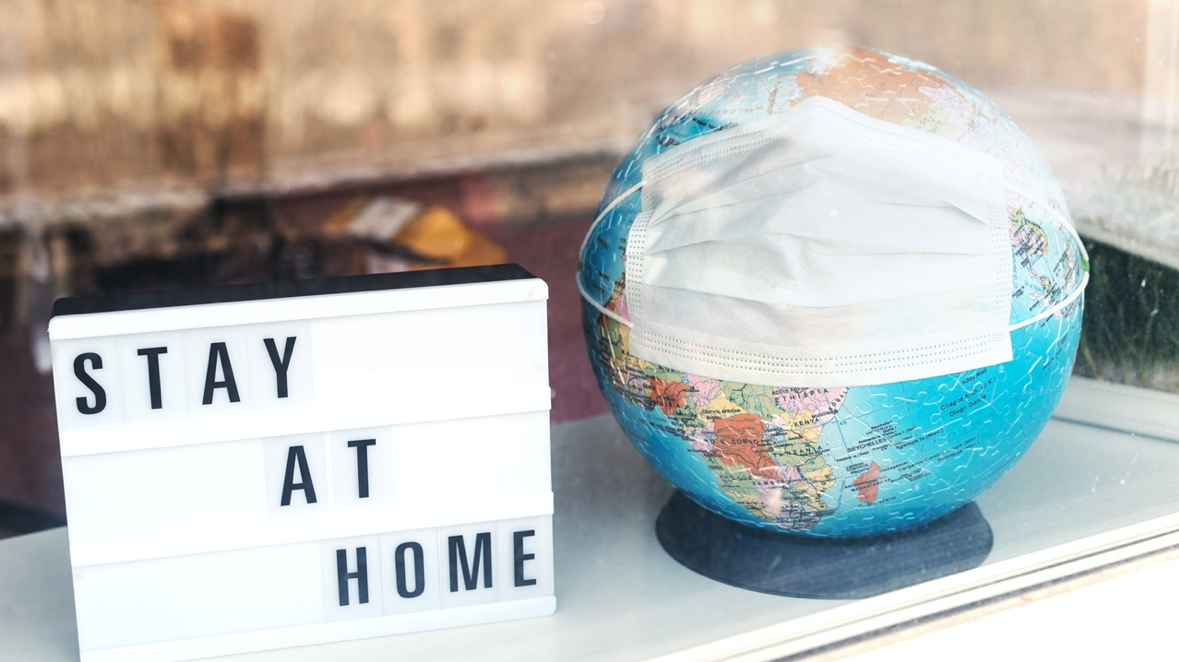What does the latest vaccine news mean for travel?

Over the past two weeks, early results from two Covid-19 vaccine trials outdid expectations. Pfizer and BioNTech announced last week preliminary results from their Phase 3 vaccine trial showed their vaccine to be more than 90% effective. And now Moderna’s preliminary results from its trial show its vaccine to be 94.5% effective. (For comparison, annual flu vaccines are 40-60% effective, while the measles vaccine is 97% effective.)
Assuming both vaccines are granted emergency approval in late November (the FDA has set 50% effectiveness as the minimum requirement), both Pfizer and Moderna say they’ll have enough doses each for 15-20 million people by the end of 2020.
The first doses will probably go to people at highest risk: health care workers, emergency medical workers, and nursing home residents. Barring unforeseen delays, vaccine availability for the broader public—not only Pfizer’s and Moderna’s, but likely some of the other vaccine candidates as well—would come not longer after. Dr. Anthony Fauci just estimated broader availability would occur by “the end of April [2021].”
What does this mean for travel?
A safe, effective, and well-distributed Covid-19 vaccine is the basis for a return to travel. Good news on the vaccine front is good news on the travel front.
While we still have a long winter to endure—new cases and hospitalizations are currently at record highs—this light at the end of the tunnel means I’m thinking I will be back on the road by Summer, 2021. (Especially as many airlines are waiving change fees on new bookings and hotels are setting reasonable refundable rates, so I can make plans in pencil rather than pen.)
Will travel be how it used to be? I don’t think so. Here are three of my guesses:
-Nearly a third of all commercial airplanes is currently in storage. As a vaccine makes future demand for travel more likely, these planes will be put back into service. More routes and more seats means more competition among airlines, which translates into lower fares.
-Nearly a third of all commercial airplanes is currently in storage. As a vaccine makes future demand for travel more likely, these planes will be put back into service. More routes and more seats means more competition among airlines, which translates into lower fares.
–Business travel is expected to remain sluggish post-pandemic, as companies look to conserve revenue and employee time by conducting what would formerly be face-to-face meetings via Zoom or Teams. (Bill Gates thinks “over 50% of business travel and over 30% of days in the office” will go away.) This should exert downward pressure on airline fares and hotels rates.
– International travel will take time to recover because either borders won’t open until vaccines make the virus no longer a risk (not just for the U.S. and Europe, but the rest of the world, too) or processes for entry will be cumbersome (proof of vaccination, testing).
-Even with open borders and a vaccine, fewer people than before will be traveling because of economic reasons or lingering health concerns. This means more downward pressure on prices.
3. Your favorite Paris café or Bangkok Airbnb may not still be there. Many restaurants have closed permanently, and many Airbnb owners responded to the sharp decline in bookings by putting their units into the long-term rental market.
Still, the recent vaccine news is something to be happy about—for our health, for the economy, for travel. While I’m not getting on a plane anytime soon, I’m starting to plot mid-2021 plans. In pencil.
Twist’s Take: The recent vaccine news is a shot in the arm for mid-2021 travel prospects.
